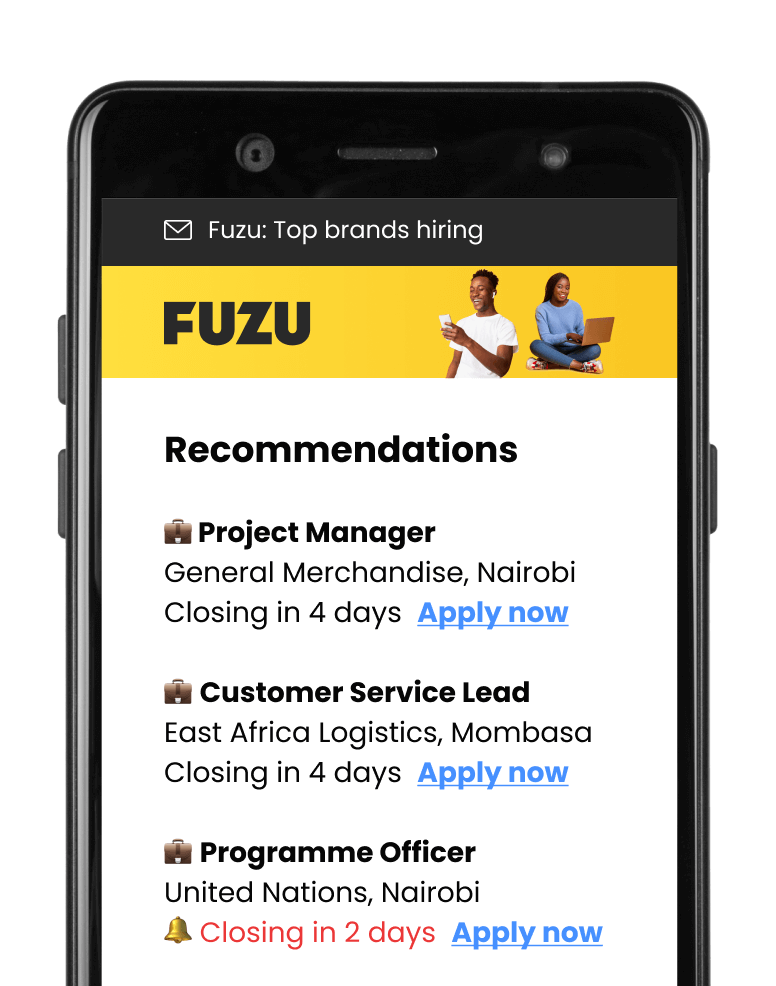- The Diagnostic Network is composed of two intersectional platforms – the Laboratory intersectional platform and the Diagnostic Imaging intersectional platform (includes Point of Care Ultrasound – POCUS). Previously referred to as Lab Working Group (LWG) and Diagnostic Imaging Working Group (DIWG)
The medical directors have set the expectations from the intersectional medical platforms and networks as follows:
- To participate actively in the definition of MSF strategy and vision in the relevant domain.
- To produce policies, guidelines, and field implementation tools for Dir Med approval / endorsement.
- To monitor implementation of policies and recommendations.
- To prospect creatively external development and literature.
- To ensure coordination and prioritization of operational research agenda.
- To provide info and participate in medical advocacy on the topic.
- To propose and participate in cross sectional evaluations.
- To conduct training and internal dissemination of knowledge.
- To network with external experts.
- To share experiences.
- To provide technical support and respond to technical questions.
- To propose and validate standard articles to be introduced in MSF catalogues and order lists.
OBJECTIVES OF THE \POSITION
- The leader of the Diagnostic Network is expected to coordinate and facilitate the Diagnostic Imaging intersectional platform and the laboratory intersectional platform’s internal dynamics and activities, to reach the objectives mentioned above, according to both intersectional platform’s action plan.
Job requirements
Education:
- Medical or Paramedical profile
- Medical doctor with special interest and experience in diagnostics (laboratory and diagnostic imaging) and preferably technical experience will be a plus.
- Proven Public health expertise – e.g., master’s or PhD in relevant field.
Work experience
- Experience in at least two to three different MSF projects (minimum of six months each) in resource-limited settings; preferably more than 24 months.
- At least one year experience with exposure to MSF Diagnostic imaging or laboratory programs in humanitarian crisis situations, preferably with MSF.
- Experience in developing policies and strategies.
- Experience in management, team leading and coaching.
- Experience in internal and external networking
Specific skills
- Fluent in English (French and/or Spanish would be an asset)
- Writing capacities
- Operational research will be a plus
- Mature with strong interpersonal, communication and organisational skills
- Ability to represent MSF in relevant meetings
- Ability to work and report independently
- Ability to motivate and lead colleagues
Leadership and coordination
- Coordinate and lead the Laboratory and Diagnostic Imaging Intersectional platform (previously called working group) – the coordination of these 2 intersectional platforms is linked to the medical director’s platform and the link is through the medical director representative of the platforms
- Support medical and operations departments (via the specialists / health advisors from the 6 OCs) in all MSF sections to facilitate integration of the MSF recommendations into mission plans.
- Supervise staff employed under the Diagnostic Network: (IO) intersectional diagnostic advisors (4.4FTEs), short-term contracts as well as consultants and volunteers working for the Diagnostic Network.
- Promote synergy between the OCs through coordination, sharing, dissemination, and consensus on practical tools, research, training.
- Coordinate / promote these in the different platforms (training, e-learning if relevant, etc.);
- Coordinate the development of strategies for direct implementation on the commonly agreed issues (minimum activities package, trainings, norms, etc.) on diagnostics.
- Participate/coordinate the necessary work to define MSF strategies to respond to diagnostic needs and other future possible challenges.
- If requested by the medical directors, provide annual intersection report on diagnostic activities implementation (quantitative and if possible qualitative analysis); if needed, analyse commonalities and divergence in diagnostic activities programming and implementation among the sections.
- With the medical directors’ input, challenge the operations departments to improve implementation if needed.
- Prepare the intersectional platform’s yearly action plans and analyse progress accordingly.
- Report annually to the medical directors on the intersectional platform’s progress and achievements.
- Act as a contact point for the medical directors, the Access Campaign etc. on diagnostics.
- Ensure smooth functioning of the ambassador system to other intersectional platforms and with other platform leaders ensure good communication on issues of mutual interest.
- Identify and support the focal person in the group to link with Spinco for updating catalogues and order lists and revise kits content.
- Work in close collaboration with the coordinator for the quality assurance of medical devices and organise collaboration (via focal person in the collaborative platform if needed);
- Organise the collaborative platform meeting and activities (agenda, minutes, circulation of documents etc.).
- Coach and support newcomers according to needs.
Technical support, training, and operational research
- Organise active monitoring of external developments (tools, programme implementation, etc.) and the review of relevant literature and inform medical departments and field teams accordingly.
- Support operational research projects according to needs (including for publication);
- Participate in cross-sectional evaluations if relevant: needs analysis, terms of reference, recommendations analysis, etc.
- Identify the needs for development/revision guidelines and standard operating procedures, field implementation tools (e.g., Direct the selection, compilation, classification of reference documents on the topics and provide information to documentation centres; Organise the market review of diagnostics according to set priorities and revise standard articles MSF catalogues, order lists and kits)
- Identify the needs for learning and development
- Support collaborative platform members in their project support and follow-up.
- Participate in or perform at least one field visit per year (preferably in the projects of several sections).
- List the questions to be addressed by operational research and coordinate the MSF operational research agenda on the topic.
- Coordinate the repartition of research projects according to section strengths, willingness and ambitions and practical considerations.
- Follow collaborations with research institutes for intersectional projects.
Communication and networking
- Improve communication and collaboration with the operational sections, health/specialist advisors, other intersectional platforms, and provide feedback to the relevant health advisors.
- Coordinate the international network of external experts and maintain an overview of the “national/sectional” network of external experts to encourage coherent external representation.
- Coordinate the MSF representation in technical forums and external meetings and networks and act as focal points according to needs.
- Organise and maintain an updated technical folder on Sharepoint (or other intersection intranet platform) that can be used as a field virtual library/reference folder on the topic.
- Provide information and participate in medical advocacy.





